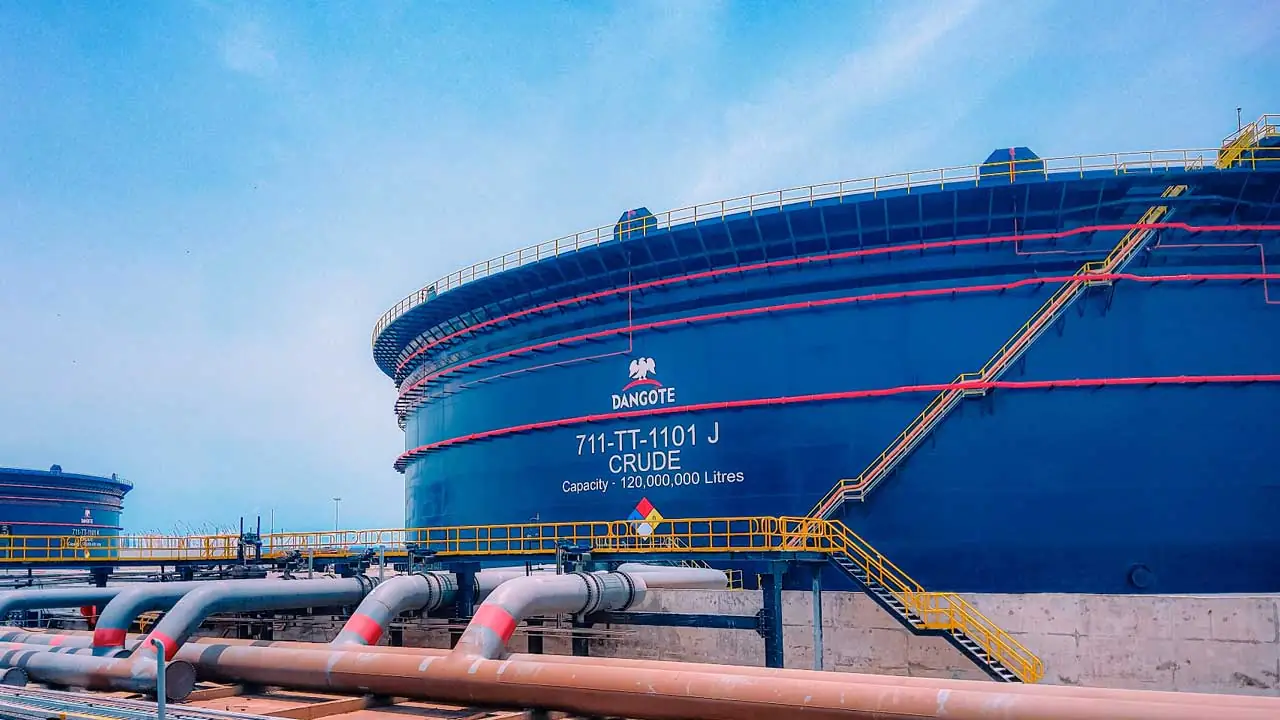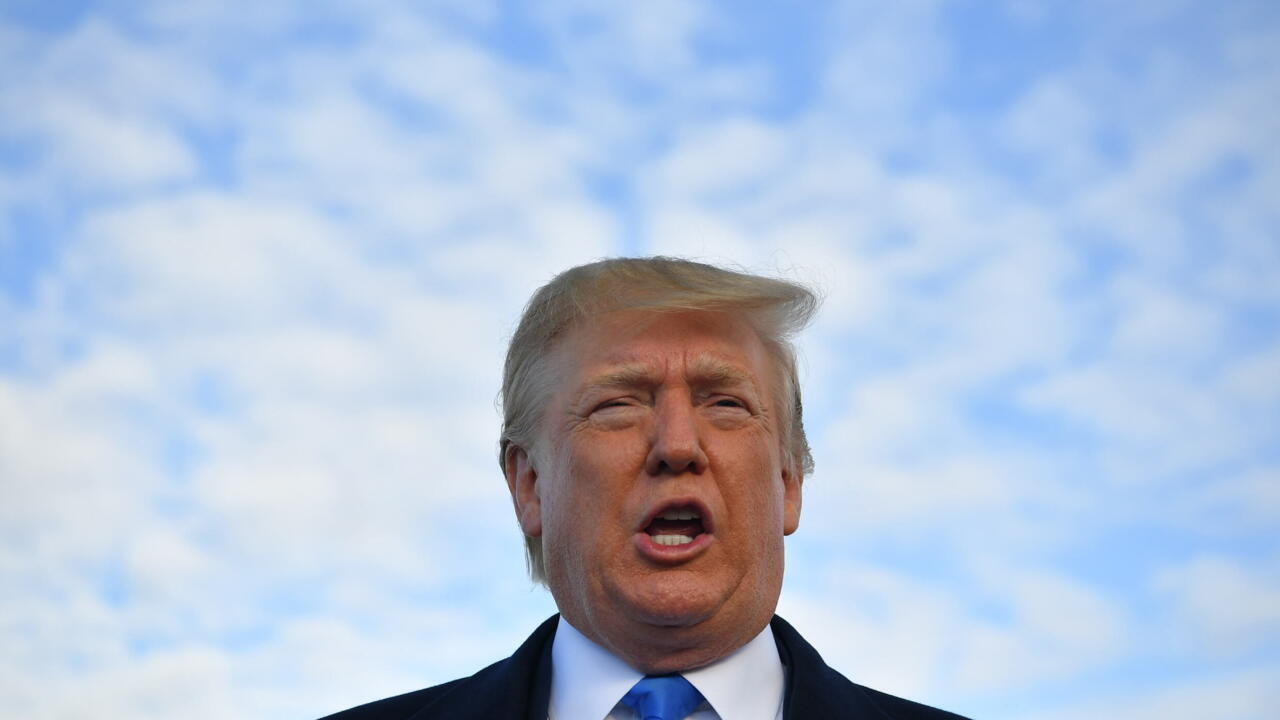Nigeria's Petrol Prices: The Roles Of NNPC And Dangote

Table of Contents
The Nigerian National Petroleum Corporation (NNPC) and Petrol Pricing
NNPC's historical role in fuel importation and pricing
The NNPC has historically held a dominant position in Nigeria's fuel import market. For decades, it was the primary importer and distributor of refined petroleum products. This dominance was heavily influenced by the government's fuel subsidy regime, where the NNPC absorbed the difference between the actual cost of imported fuel and the artificially low price set by the government.
- NNPC's dominance: This meant NNPC controlled the supply chain, impacting pricing and availability.
- Fuel subsidies: These subsidies placed a significant burden on government finances and often led to inefficiencies and corruption.
- Consumer effects: While consumers benefited from artificially low prices, the system lacked transparency and led to frequent fuel shortages.
NNPC's downstream operations and their influence on petrol prices
NNPC's involvement extends to the retail fuel sector through its subsidiaries and partnerships with other marketers. However, the efficiency of these operations has faced criticism, often cited as a factor in persistent fuel scarcity and price inconsistencies.
- Retail involvement: NNPC's presence in the retail sector impacts competition and pricing dynamics.
- Efficiency challenges: Issues such as inadequate infrastructure, logistics bottlenecks, and operational inefficiencies contribute to higher costs.
- Competition impact: NNPC's significant market share can limit competition and potentially hinder the emergence of more efficient players.
The future of NNPC's role in the face of refinery expansion (Dangote and others)
With the commissioning of the Dangote Refinery and other planned refinery projects, NNPC's historical dominance in the fuel import market is expected to diminish significantly.
- Reduced dominance: Increased local refining capacity could lead to a more competitive market and potentially lower petrol prices.
- Increased price competition: Multiple players in the refining and distribution sectors should foster greater price competition.
- Implications for consumers and government: Consumers could benefit from more stable and potentially lower prices, while the government might see reduced financial strain from fuel subsidies.
The Dangote Refinery and its Potential Impact on Nigeria's Petrol Prices
The scale and capacity of the Dangote Refinery
The Dangote Refinery, touted as Africa's largest, boasts a significant refining capacity, projected to meet a substantial portion of Nigeria's fuel demand. Its potential to transform Nigeria's fuel landscape is immense.
- Production capacity: The refinery's enormous refining capacity is expected to drastically reduce reliance on imported fuel.
- Game-changer significance: It promises to significantly alter the dynamics of the Nigerian fuel market, potentially leading to a more competitive landscape.
Potential effects on petrol importation and pricing
The Dangote Refinery is expected to significantly reduce Nigeria's dependence on imported refined petroleum products.
- Reduced fuel imports: This could lead to a considerable decrease in foreign exchange expenditure on fuel imports.
- Impact on domestic prices: Reduced imports should, in theory, lead to lower and more stable petrol prices for consumers.
- Influence on NNPC's market share: NNPC's market share will likely decrease as the Dangote Refinery and other refineries contribute more to domestic fuel supply.
Challenges and uncertainties surrounding the Dangote Refinery's impact
Despite its potential, challenges remain regarding the refinery's full impact on petrol prices.
- Logistical challenges: Efficient distribution and logistics infrastructure are crucial to ensure the refinery's output reaches consumers nationwide.
- Unforeseen economic factors: Global economic fluctuations and unforeseen events could still impact petrol pricing.
- Monopolistic concerns: Mechanisms to prevent monopolistic practices and ensure fair competition in the refined petroleum products market are vital.
The Broader Economic Context of Nigeria's Petrol Prices
The role of government policies and regulations
Government policies play a pivotal role in shaping petrol prices in Nigeria.
- Deregulation and subsidy removal: These policies impact the cost of fuel, affecting both consumers and the government's budget.
- Exchange rate fluctuations: Changes in the Naira's value against the dollar significantly affect the cost of imported fuel.
- Government taxes and levies: Taxes and levies imposed on fuel add to the final price paid by consumers.
The impact of global oil prices on Nigeria's petrol prices
Global oil prices directly influence Nigeria's domestic fuel prices.
- Correlation with crude oil prices: International crude oil prices have a strong correlation with domestic petrol prices.
- Market vulnerability: Nigeria's fuel market remains vulnerable to the volatility of global oil prices.
Conclusion: Navigating the Future of Nigeria's Petrol Prices
The interplay between NNPC's historical dominance, the emergence of the Dangote Refinery, and broader economic factors will continue to shape Nigeria's petrol prices. Understanding the dynamics between these entities is crucial. While the Dangote Refinery holds the potential for lower and more stable prices, realizing this potential depends on effective policy implementation, efficient logistics, and a fair competitive market. Staying informed about ongoing developments concerning Nigeria's petrol prices and the evolving roles of NNPC and the Dangote refinery is crucial for navigating the complexities of Nigeria's fuel market. For more up-to-date information, consult the websites of the NNPC and the Nigerian government's Ministry of Petroleum Resources.

Featured Posts
-
 Beyonces Renaissance Tour Boosts Cowboy Carters Streams
May 10, 2025
Beyonces Renaissance Tour Boosts Cowboy Carters Streams
May 10, 2025 -
 Jeanine Pirros Upcoming North Idaho Appearance Details And Information
May 10, 2025
Jeanine Pirros Upcoming North Idaho Appearance Details And Information
May 10, 2025 -
 Uk Immigration Increased Scrutiny Of Work And Student Visas
May 10, 2025
Uk Immigration Increased Scrutiny Of Work And Student Visas
May 10, 2025 -
 Palantir Stock Weighing The Risks And Rewards Before May 5th
May 10, 2025
Palantir Stock Weighing The Risks And Rewards Before May 5th
May 10, 2025 -
 Trump Tariffs Weigh On Infineon Ifx Sales Outlook
May 10, 2025
Trump Tariffs Weigh On Infineon Ifx Sales Outlook
May 10, 2025
